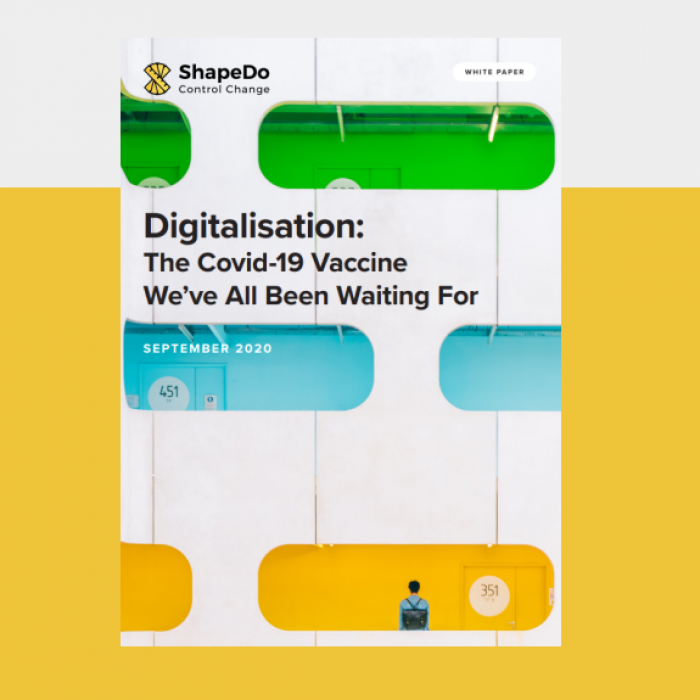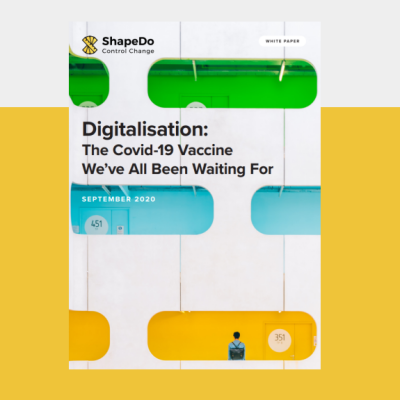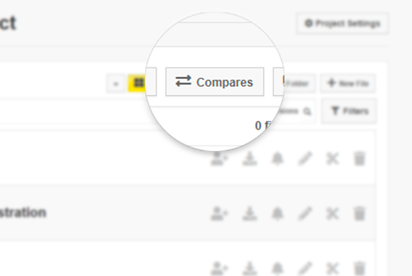Introduction
Engineering and construction companies are experiencing the fastest downturn in domestic construction since 2008. The entire industry is under real stress, with redundancies and furloughs, reduced turnovers, and profit warnings coming from nearly all major contractors.
These unfortunate events may however have a silver lining: down turns force companies to improve and adapt. Companies that survive and evolve can emerge stronger, with robust finances, a resilient supply chain, and a reliable workforce, well-placed to bounce back and seize new opportunities.
At the center of the improvement is a digital transformation tsunami engulfing the industry. These unprecedented times are forcing our notoriously conservative sector to rethink the core workflows in a project. Months of remote working have brought digital workflows and processes into the norm, and a myriad of maturing software solutions are coming to market, enabling material cost savings and new ways of working across the value chain.
Gone are the days when a long term plan led by central procurement was enough to stay up to date, or even get ahead of the game. With the entire industry forced to work in new and better ways, leading in the adoption, implementation and investment in technology is quickly becoming a project based competency and a requirement for stability, sustainability and future business generation.
In This Whitepaper
In This Whitepaper
We offer six suggestions to get you started, highlighting different aspects that address current Covid-19 challenges while allowing you to begin an agile process of seamless digitalisation across your portfolio.
- Lead the way – gain control, eliminate risk, improve performance, and resolve issues
- Segment, test, repeat – figure out what you actually need and how best to achieve it
- Digitise, track, stay Informed – centralising and standardising digital forms
- Coordinate and communicate with stakeholders – keeping everyone on the same page
- Data management is imperative – focus on insights gleaned from data collection to streamline the process
- Design development is key – reduce risks, minimise delays, and simplify project and supply-chain management through consistent monitoring of the impact of design change



 DOWNLOAD WHITEPAPER
DOWNLOAD WHITEPAPER





